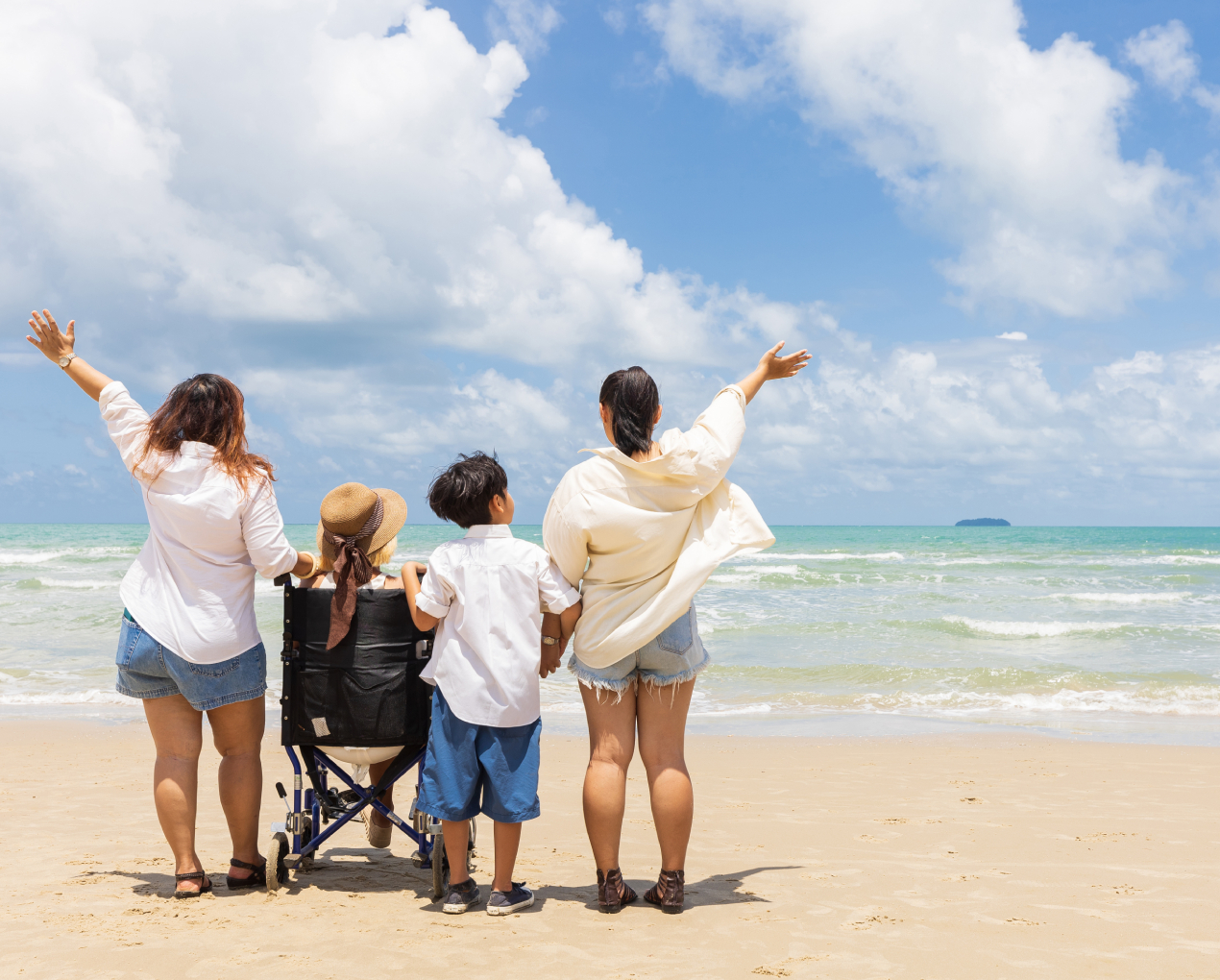Access and Functional Needs Populations


Overview of Research
As the severity, intensity, and unpredictability of storms continues, ensuring that people are able to get out of harm’s way to safety continues to be a critical challenge. The decision to evacuate to a storm shelter is influenced by a range of factors. For example, those located in high hazard zones, mandatory evacuation areas, and vulnerable housing may have little choice but to evacuate. However, many individuals face mobility, financial, and medical challenges that may limit evacuation and sheltering options.
Our research is investigating the experiences, challenges, and gaps of running the Special Needs Shelter (SNS) program in Florida. Typically, shelters are required to report on the number of evacuees sheltered during the impact period. However, there is limited understanding of the operation of SPN shelters during times of emergency and specifically in what ways the needs of access and functional needs (AFN) populations are addressed.
AFN populations have physical, cognitive, mental, and other types of constraints that make them particularly susceptible to harm during a hurricane or other extreme weather events. Specific accommodations that may not be available in general public shelters may be required to sufficiently house these groups. The State of Florida specifically designates certain shelters as able to meet the special needs of evacuees who require assistance that exceed services provided at a general population shelter. These groups include:
● People with special medical needs.
● People whose care exceeds the basic first aid provided at general population shelters.
● People with impairments or disabilities who are medically stable and do not require medical care.
● People with disabilities are not required to go to a special needs shelter. Some people with disabilities can be safely accommodated in a general population shelter.
Relevance
The emergency shelter system is a critical component of the disaster response infrastructure that is locally managed through collaborations of Emergency Management offices and Public Health departments. Per state legislation, shelter systems are activated when a major hurricane (Category 3-5) is forecast to impact an area. The primary purpose of these shelters is to protect evacuees from the direct impacts of wind, rain, and flooding, as well as secondary hazards such as extreme heat and water contamination days to weeks after the storm has passed. Currently, there are over 170 storm shelters throughout Florida.
Our assessment will build on a prior qualitative evaluation of the sheltering process during Hurricane Irma in Monroe County conducted by Florida BRACE to support the county’s desire to evaluate and improve SNS administration post-impact. Several factors were identified in that earlier analysis, including institutional, communication, and procedural issues which constrained and facilitated the operation of the SNS. This evaluation sets the foundation for scaling up a statewide evaluation through a survey of county emergency managers and public health administrators of the SNS program.
Through this current research, we hope to identify opportunities for improvement, course correction, and innovation. Ultimately, this research will promote better health outcomes for AFN populations.
